US Democrats to start voting rights debate despite slim chances
The debate over voting rights will take center stage in the US Congress this week as Democrats push for legislation amid Republicans' opposition.
The 50-50 split Senate on Tuesday will begin to debate new voting rights legislation that combines two separate bills already passed by the House — the Freedom to Vote Act and the John Lewis Voting Rights Advancement Act.
Despite US President Joe Biden's strong support for new voting protections, Democrats lack the unanimous backing needed in their party to change Senate rules to muscle through the legislation themselves, in addition to facing a likely filibuster by the Republicans.
Prominent Republicans continue to support former president Donald Trump’s election fraud assertions in the 2020 presidential election, prompting Biden to accuse Republicans of attacking the very foundation of US democracy.
Meanwhile, Senate Majority Leader Democratic Senator Chuck Schumer of New York, said late last week that Democrats would forge ahead anyway, forcing Republicans to publicly declare their opposition to the bill.
“We all have to be recorded at this moment in time about where are we in protecting the right to vote,” Senator Tim Kaine, Democrat of Virginia, said on CBS’s “Face the Nation” on Sunday. “Right now, it doesn’t look like it has the votes to pass, but we’re going to cancel our Martin Luther King Day recess and be there this week because we think it’s so important for the country.”
Kaine said on Friday on a Zoom call to constituents that the Senate spent several weeks debating the landmark voting rights laws of the 1960s, which were last updated by Congress in 2006, noting, "We may be on this debate for some time."
The new voting rights legislation proposed by Biden aims to expand access to mail-in voting, tighten campaign finance rules, and strengthen federal oversight of elections in states that have a history of racial discrimination.
VIDEO | Indian-controlled Kashmir honors Imam Ali’s legacy of justice, leadership
Israel kills female Palestinian journalist based in Gaza’s Indonesian Hospital
US lawmakers demand answers from Biden on Israeli killing of Turkish-American activist
Araghchi: Iran never left negotiation table as its nuclear program ‘peaceful’
Jan. 14: ‘Axis of Resistance’ operations against Israeli occupation
VIDEO | UNRWA’s financial crisis deepens amid support cuts
South Korean President Yoon arrested over failed martial law bid
VIDEO | Press TV's news headlines


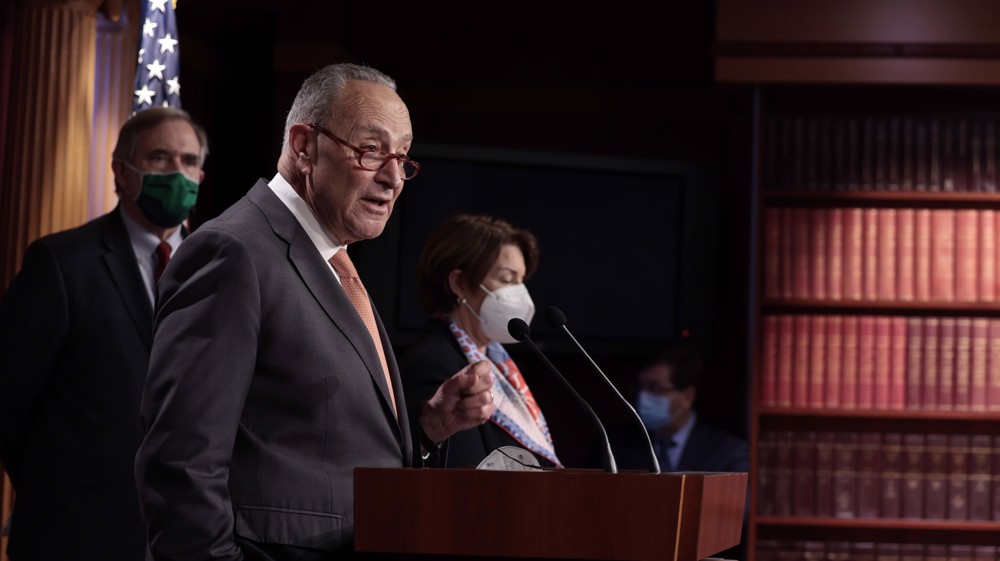

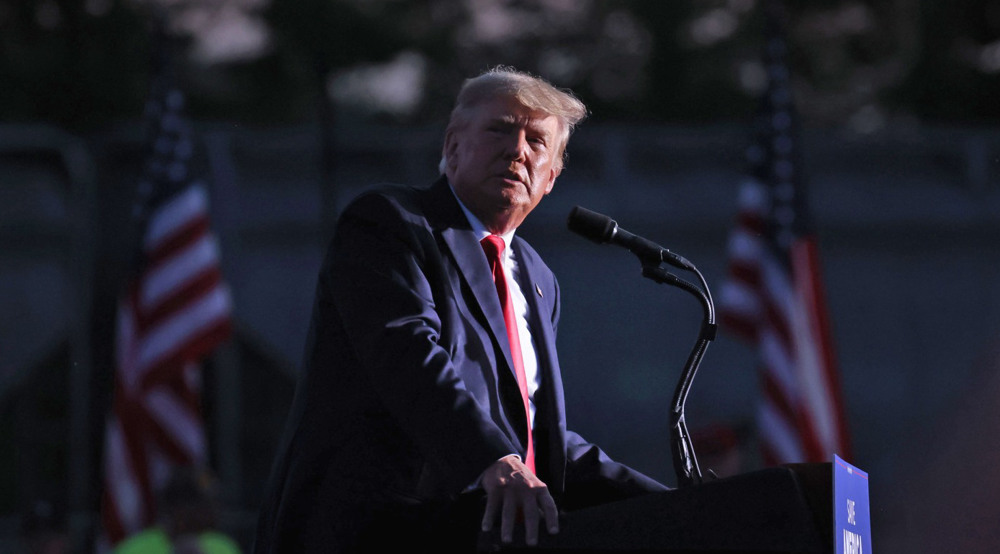
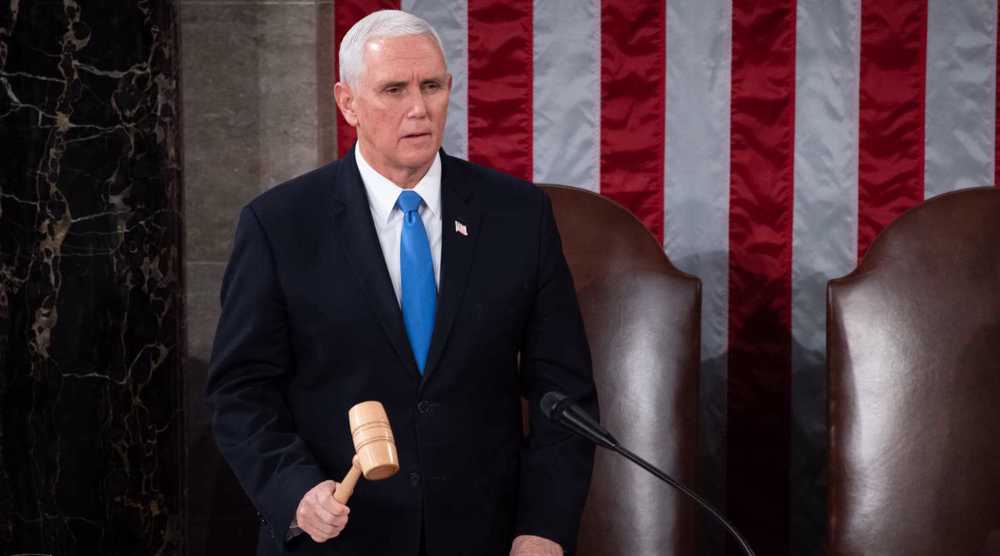







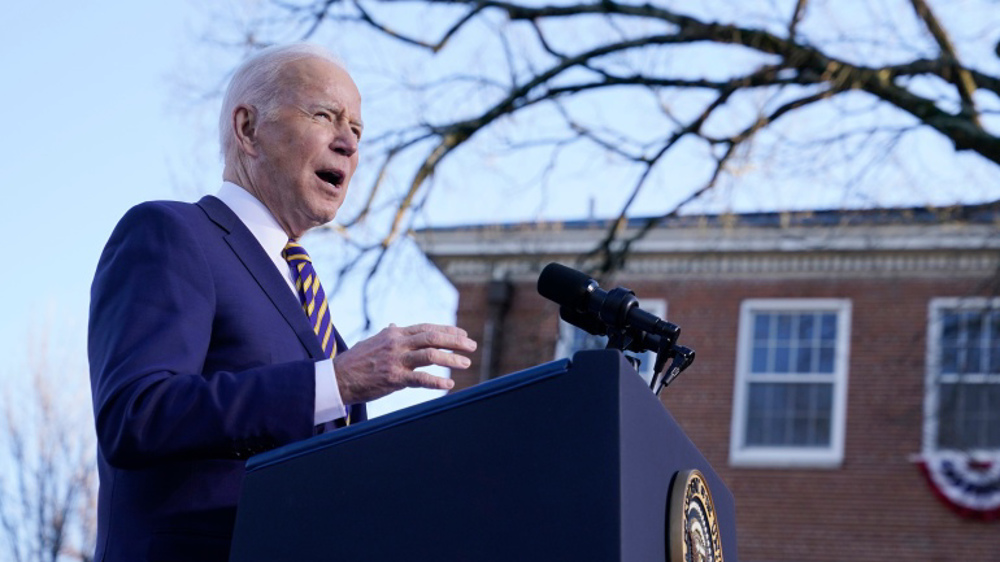
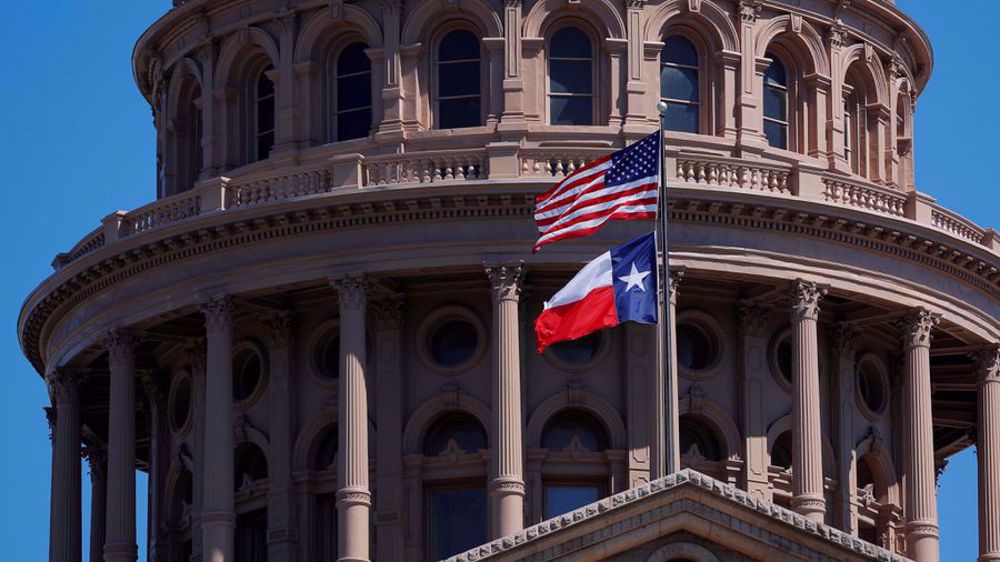
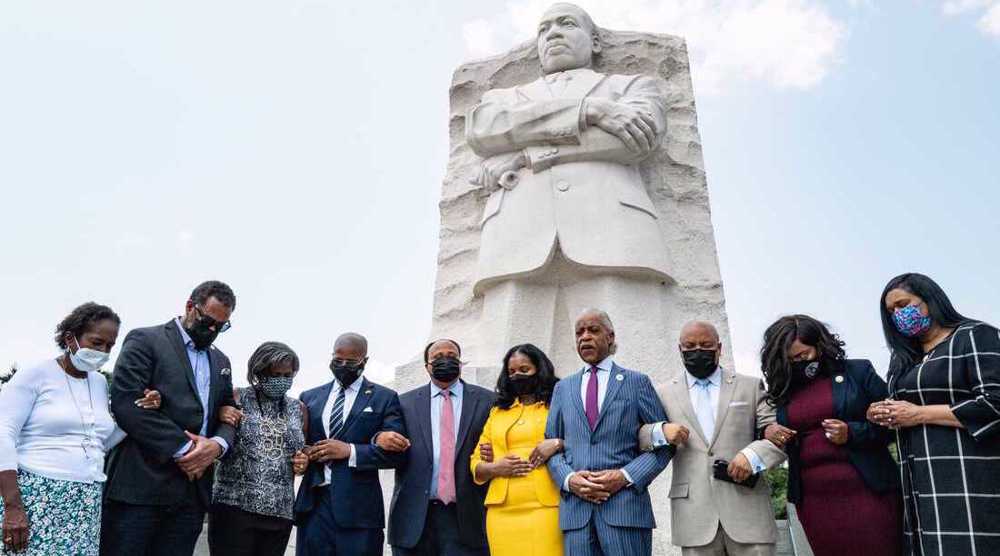
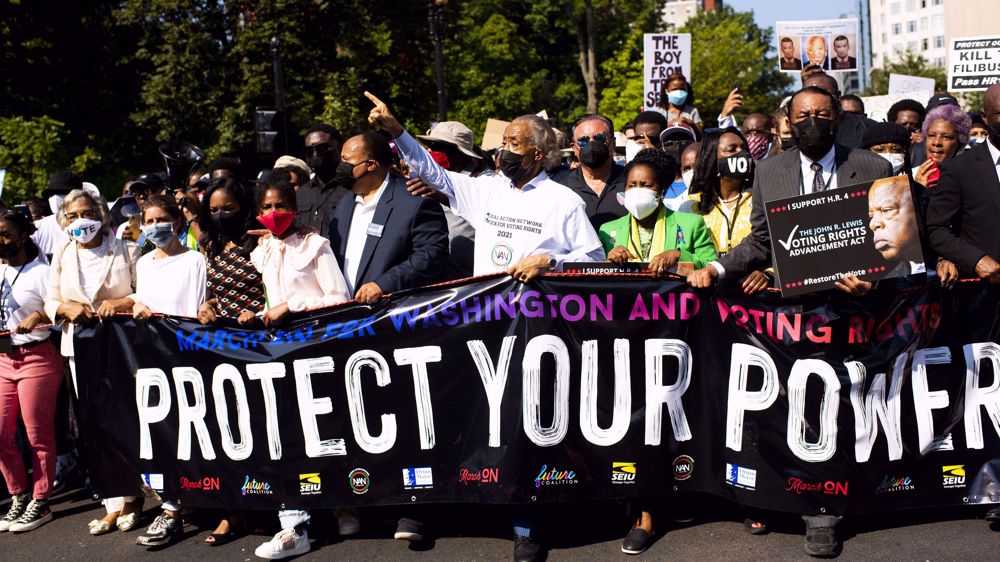
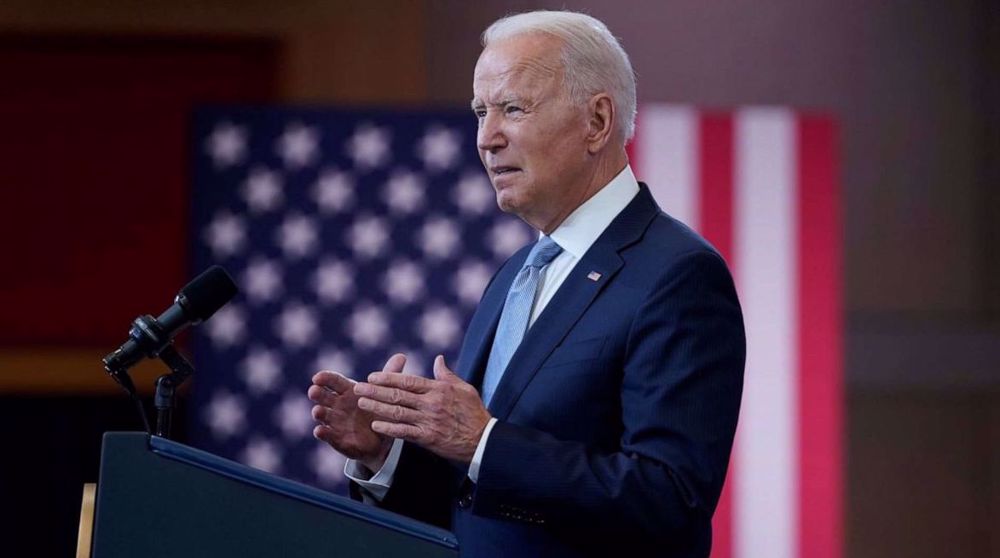

 This makes it easy to access the Press TV website
This makes it easy to access the Press TV website